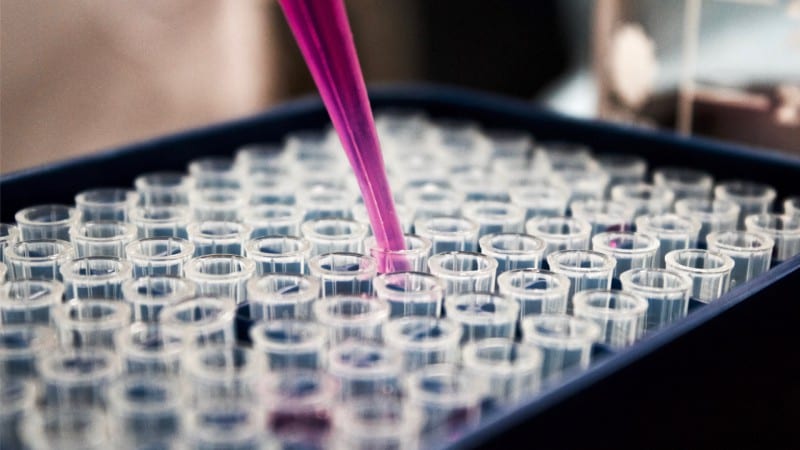The Nobel Prize for Physiology and Medicine, awarded annually, is a highly respected science award. For many years, the prize has been awarded to cancer researchers.
In 2019, the prize was awarded to British molecular biologist Peter J. Ratcliffe and US physicians Gregg L. Semenza and William Kaelin for examining cellular oxygenation. The ability of cancer cells to adapt to changes in oxygen concentration is widely known. Many cancers thrive in low oxygen levels. Nobel-prize discoveries have led to a better understanding of how cells respond to scarcity of oxygen, and thus we have seen development of new drugs and therapies to combat cancer.
Also in 2018, the award went to cancer researchers. American professor James P. Allison and japanese Tasuku Honjo shared the award for their findings on the importance of cancer immunotherapy. The functioning of the immune system is vital to the cancer patient and all the ways that this system can be improved are to the patient’s advantage. Allison developed an antibody to the important defense cells of the immune system, which blocked the inhibitory effects of certain proteins and thus made the defense cells attack the cancer cells vigorously. Traditionally, cancer has been treated with surgery, radiation and anti-cancer drugs. Thanks to research by Allison and Honjo, for example, immunotherapy has been added to cancer therapies in recent years. This therapy is already in use, but it is a terribly expensive.
In 2008, German virus researcher Harald zur Hausen was awarded the Nobel Prize in Medicine for discovering carcinogenic papilloma viruses. In 1989, US physicians John Michael Bishop and Harold E. Varmus received an award for research on carcinogenic retroviruses. Tumor-producing viruses and hormone therapy for prostate cancer were worth the Nobel Prize in 1966. The award went to American researchers Charles Brenton Huggins and Peyton Rous.
![]()
